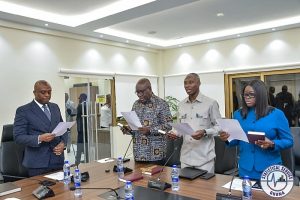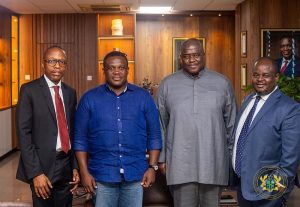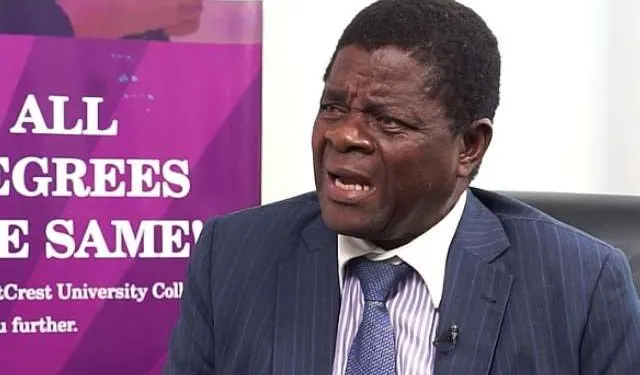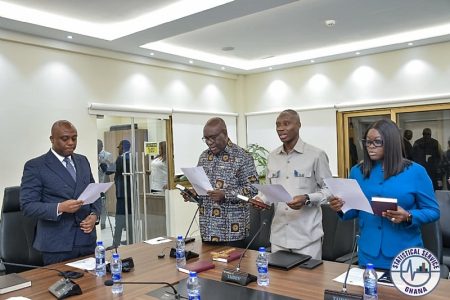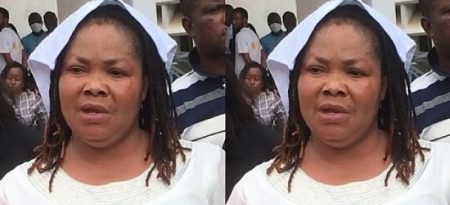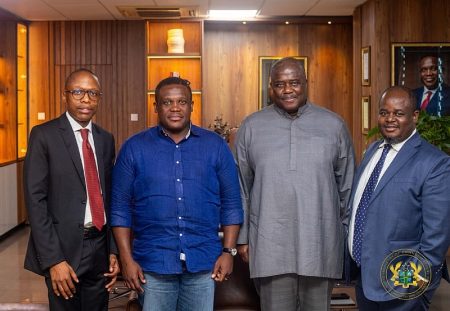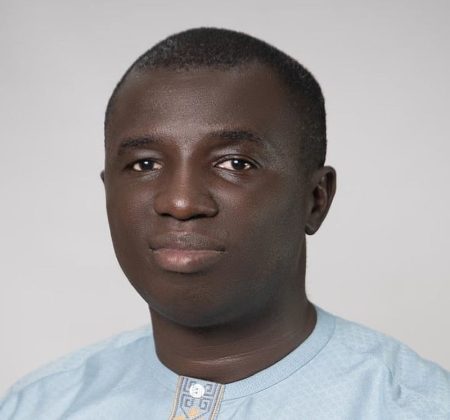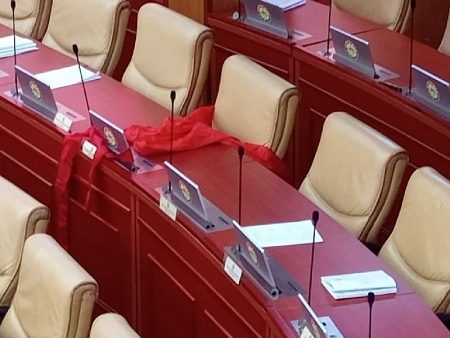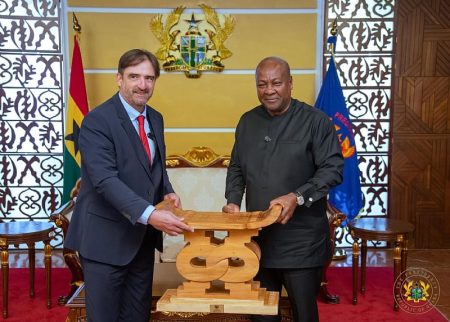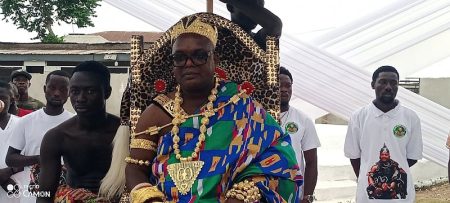Paragraph 1: The Genesis of the Controversy
The suspension of Ghana’s Chief Justice, Gertrude Torkornoo, has ignited a fiery public debate, raising critical questions about due process, transparency, and the integrity of the nation’s judicial system. Justice Torkornoo, in her first public address since the suspension, delivered a scathing indictment of the impeachment proceedings initiated against her under Article 146 of the constitution. She alleged serious constitutional violations and procedural irregularities, characterizing the process as skewed and prejudicial. This public airing of grievances has sparked controversy, with some arguing that such matters should be handled within the confines of established legal channels, while others applaud her courage in speaking out against perceived injustice.
Paragraph 2: A Critique of Public Discourse
Kwaku Ansa-Asare, former Director of the Ghana School of Law, has emerged as a vocal critic of Justice Torkornoo’s decision to go public. He contends that her actions constitute an inappropriate attempt to sway public opinion and circumvent the established legal processes designed to address such matters. Ansa-Asare argues that the impeachment process should be allowed to unfold without the influence of public sentiment, emphasizing that public pronouncements risk undermining the integrity and impartiality of the proceedings. He suggests that Justice Torkornoo’s public statements appear more like an emotional plea for sympathy than a reasoned legal defense, potentially jeopardizing the fairness and objectivity of the process.
Paragraph 3: Questioning the Chief Justice’s Stewardship
Ansa-Asare goes beyond criticizing Justice Torkornoo’s public statements, extending his critique to her overall leadership of the judiciary. He argues that the very predicament she now faces reflects the systemic flaws within the justice system – a system he claims she failed to reform during her three-year tenure as Chief Justice. Ansa-Asare posits that Justice Torkornoo’s current situation ironically exposes the broken nature of the justice delivery system, suggesting a degree of hypocrisy in her complaints given her position of authority. He contends that instead of seeking public sympathy, she should have prioritized addressing the systemic issues that now plague her.
Paragraph 4: The Irony of a Broken System
The core of Ansa-Asare’s argument centers on the perceived irony of a Chief Justice becoming a victim of the very system she was entrusted to lead and reform. He questions whether her public outcry is a genuine plea for justice or a tacit admission of her own failure to address the systemic issues that have now ensnared her. By framing her situation as a consequence of a broken system, Ansa-Asare implicitly criticizes her leadership, suggesting that her focus should have been on fixing the system rather than becoming embroiled in its flaws. He contends that her predicament serves as a stark reminder of the urgent need for judicial reform.
Paragraph 5: The Chief Justice’s Resolve
Despite facing mounting criticism and calls for her resignation, Justice Torkornoo remains resolute in her decision to fight the impeachment proceedings. She has indicated her intention to pursue all available legal avenues to challenge the process, maintaining her innocence and conviction that the proceedings are flawed. Her steadfast refusal to resign signals her determination to clear her name and uphold the principles of justice that she believes are being violated. This sets the stage for a protracted legal battle that will likely test the limits of Ghana’s constitutional processes.
Paragraph 6: The Broader Implications
The unfolding events surrounding Justice Torkornoo’s suspension and the ensuing public debate have far-reaching implications for Ghana’s judicial system and its democratic principles. The controversy highlights the delicate balance between the right to due process, the freedom of speech, and the need for public trust in the judiciary. The outcome of the impeachment proceedings will undoubtedly have a significant impact on the future of judicial independence and accountability in Ghana. Moreover, the public discourse surrounding this case raises critical questions about the role of public opinion in shaping judicial processes and the importance of protecting the integrity of legal institutions from undue political influence.


